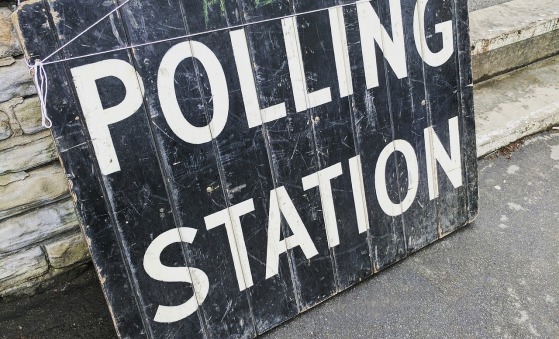All India Christian Council (aicc) representatives recently returned from the UN Durban Review Conference and expressed disappointment at the silence on "work and descent based discrimination" which affects about 250 million people in India. Scheduled Castes are 166 million and Scheduled Tribes are 84 million people. The conference, held April 20-24 in Geneva, was designed to assess the implementation of the Durban Declaration and Programme of Action made during the 2001 World Conference Against Racism.
Dr. Sam Paul, aicc National Secretary of Public Affairs, said, "We appreciate efforts by the United Nations to bring together member states and non-government organisations to review anti-racism strategies from the 2001 Durban conference. We also agree that progress must be monitored and programs adjusted as societies around the world fight the serious problem of racism and related intolerances."
The Durban Review Conference "outcome document" was released on April 21, the second day of the conference. Many NGOs were upset that their input wasn't received and the document was issued before the end of the conference. "We acknowledge that NGOs gave some input to the Durban Review Conference outcome document during UN sanctioned preparatory meetings. However, there wasn't enough discussion with NGOs and we, like many participants, were shocked to be holding the final document in permanent black and white print before the conference even ended," said Paul.
"We are deeply disappointed that the Durban Review Conference outcome document doesn't mention work and descent based discrimination. Racial discrimination based on descent was included in the Durban Declaration and Programme of Action from the 2001 UN conference. Sadly, the elimination of this terminology excludes India's Dalits from the attention and resources of international bodies. We hope this language is reinstated immediately so that millions of Dalits will benefit from assistance through the IMF, World Bank, USAID, and other relevant organisations," said Paul.
Media reports suggested that the UN High Commissioner on Human Rights rushed to issue the "outcome document" to re-focus the conference after comments by Iranian President Mahmoud Ahmadinejad created controversy during the opening session on April 20. However, the High Commissioner denied this in a press conference. Sam Paul noted, "A leader from a member state with unquestioned success at fighting racism could have provided inspiration instead of controversy. But we understand that UN officials don't have control over keynote speakers who raise issues which sidetrack the attention of attendees. Other forums exist for raising serious issues not directly related to racism."
Delegates spent much time discussing issues not related to racism, including a defamation of religions campaign, instead of hearing about the plight of major groups facing "related intolerances." Sam Paul said, "Besides millions of Scheduled Castes and Schedule Tribes communities in India, many people suffer from work and descent based discrimination from Nepal's large untouchable population to the Buraku community in Japan. Even in Sri Lanka's conflict, there are innocent ethnic victims. Since UN committees have repeatedly said that work and descent based discrimination is a form of racism, these people deserve the focus of any future anti-racism conferences."
Aicc representatives also suggested that the conference needed a systematic presentation by each member states on the progress made since 2001. They collected several documents given to attendees that profusely praised India's record and treatment of Dalits. The documents were unsigned and not on letterhead leading to the suspicion that Indian government sources may have distributed them.
The aicc sent Mr. K. Sam Paul, aicc National Secretary of Public Affairs, and Mr. B. Dhanaraju, Chief Patron of aicc Andhra Pradesh chapter, to attend the Durban Review Conference in Geneva (www.un.org/durbanreview2009/). The conference reviewed progress made by signatories to the UN International Convention for the Elimination of Racial Discrimination (ICERD) since the UN World Conference against Racism, Racial Discrimination, Xenophobia and Related Intolerance held Aug. 31 – Sept. 7, 2001, in Durban, South Africa (www.un.org/WCAR/). Both men attended under the auspices of the Indian Social Institute, Bangalore, which has Consultative Status with the UN ECOSOC.
The All India Christian Council (www.aiccindia.org), birthed in 1998, exists to protect and serve the Christian community, minorities, and the oppressed castes. The aicc is a coalition of thousands of Indian denominations, organizations, and lay leaders.




